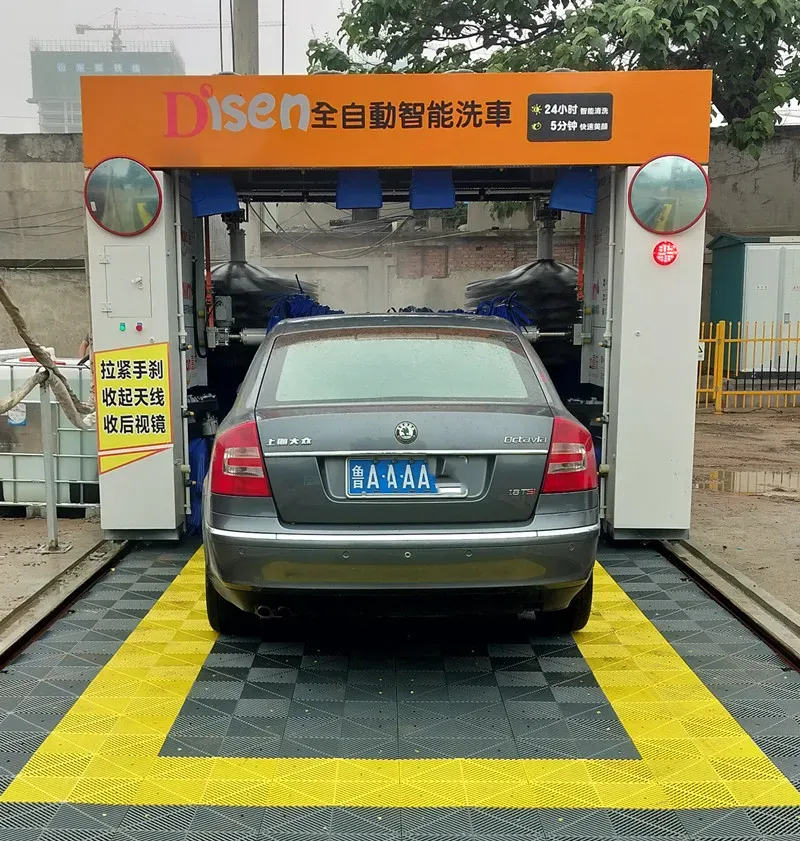
- Afrikaans
- Albanian
- Amharic
- Arabic
- Armenian
- Azerbaijani
- Basque
- Belarusian
- Bengali
- Bosnian
- Bulgarian
- Catalan
- Cebuano
- Corsican
- Croatian
- Czech
- Danish
- Dutch
- English
- Esperanto
- Estonian
- Finnish
- French
- Frisian
- Galician
- Georgian
- German
- Greek
- Gujarati
- Haitian Creole
- hausa
- hawaiian
- Hebrew
- Hindi
- Miao
- Hungarian
- Icelandic
- igbo
- Indonesian
- irish
- Italian
- Japanese
- Javanese
- Kannada
- kazakh
- Khmer
- Rwandese
- Korean
- Kurdish
- Kyrgyz
- Lao
- Latin
- Latvian
- Lithuanian
- Luxembourgish
- Macedonian
- Malgashi
- Malay
- Malayalam
- Maltese
- Maori
- Marathi
- Mongolian
- Myanmar
- Nepali
- Norwegian
- Norwegian
- Occitan
- Pashto
- Persian
- Polish
- Portuguese
- Punjabi
- Romanian
- Russian
- Samoan
- Scottish Gaelic
- Serbian
- Sesotho
- Shona
- Sindhi
- Sinhala
- Slovak
- Slovenian
- Somali
- Spanish
- Sundanese
- Swahili
- Swedish
- Tagalog
- Tajik
- Tamil
- Tatar
- Telugu
- Thai
- Turkish
- Turkmen
- Ukrainian
- Urdu
- Uighur
- Uzbek
- Vietnamese
- Welsh
- Bantu
- Yiddish
- Yoruba
Gasoline-Powered Car Wash Machine for Efficient Vehicle Cleaning Solutions
The Evolution and Impact of Gasoline Car Wash Machines
In the world of automotive care, gasoline car wash machines have emerged as a significant development, changing the landscape of vehicle maintenance. As technology evolved, so did the methods of cleaning vehicles – transitioning from manual washing to automated systems. This article delves into the evolution, functionality, and environmental considerations of gasoline car wash machines, illustrating their impact on both consumers and service providers.
Historically, car washing was a labor-intensive task. Car owners had to invest time and effort into scrubbing their vehicles with sponges and soapy water. This process was not only time-consuming but also led to inconsistent cleaning results. The introduction of gasoline car wash machines marked a turning point in this narrative. These machines utilized high-pressure wash systems powered by gasoline engines, allowing for more efficient and thorough cleaning. The combination of water, soap, and high pressure effectively removed grime, dirt, and pollutants, making it a preferred choice for many vehicle owners.
Gasoline car wash machines embody a variety of functions. Primarily, they are designed to automate the washing process, allowing users to roll their vehicles into the wash bay, where they are greeted by a series of towering brushes and powerful jets of water. The process typically begins with a pre-soak, followed by a high-pressure rinse and then conditioning. These machines are not only efficient but also customizable; many come equipped with different washing options, such as wax application, tire cleaning, and undercarriage rinses. This versatility appeals to a wide range of consumers, from car enthusiasts to everyday drivers looking for a quick cleaning solution.
gasoline car wash machine

However, the convenience offered by gasoline car wash machines does not come without its drawbacks. One of the most significant concerns is the environmental impact of gasoline-powered systems. The combustion of gasoline contributes to air pollution, while the runoff from car washes can introduce harmful chemicals into local waterways. Additionally, traditional car wash methods using harsh detergents can have detrimental effects on the ecosystem if not managed properly.
In response to environmental concerns, many manufacturers of gasoline car wash machines are striving for innovations that reduce their ecological footprint. Several new models have been developed with improved fuel efficiency and lower emissions, as well as the incorporation of eco-friendly cleaning agents. Furthermore, there has been a shift toward adopting more water-conserving techniques. Such advancements show a growing awareness within the industry regarding sustainability and an effort to cater to environmentally conscious consumers.
The economic implications of gasoline car wash machines are equally noteworthy. For entrepreneurs, investing in car wash equipment can be a lucrative business venture. The initial costs may be high, but the potential for profit is substantial with the growing number of car owners seeking quick and efficient solutions. Furthermore, the recurring nature of car washing needs ensures a steady stream of revenue. For consumers, the introduction of automated car washes reduces labor costs and enables them to access quality cleaning services at competitive prices.
In conclusion, gasoline car wash machines represent a significant step forward in the automotive care industry. They have transformed the way vehicles are cleaned, offering efficiency and convenience that appeals to consumers. While the environmental impact is a valid concern, ongoing innovations are paving the way for more sustainable practices. As society continues to evolve, the car wash industry must adapt, embracing advancements that balance convenience with ecological responsibility. The future of gasoline car wash machines lies in finding harmony between providing effective vehicle cleaning solutions and protecting our planet for generations to come.
-
Integrating Aqua Tunnel Car Wash in Shopping CentersNewsJun.24,2025
-
Gas Station with an Auto Car Wash MachineNewsJun.24,2025
-
Efficiency in Your Aqua Tunnel Car Wash: Power & Water-SavingNewsJun.24,2025
-
Car Wash Business with Advanced Auto Car Cleaning MachinesNewsJun.24,2025
-
Balancing Setup Costs with Aqua Tunnel Car WashNewsJun.24,2025
-
Aqua Tunnel Car Wash: Eco-Design for the Energy-Savvy EntrepreneurNewsJun.24,2025



